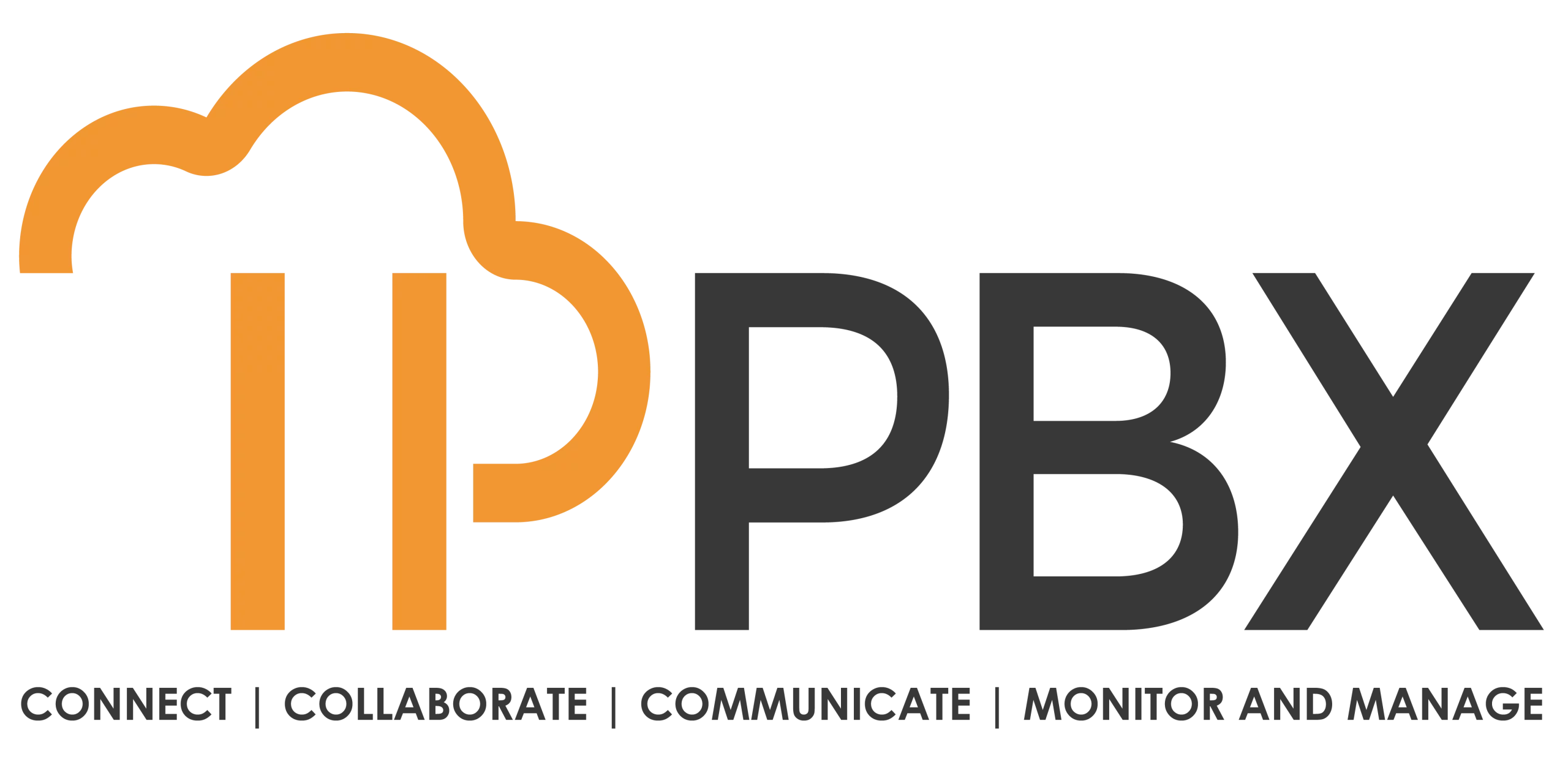In the competitive hospitality industry, effective communication is integral to providing exceptional guest experiences and ensuring smooth operations. A reliable Hotel PBX system is essential for hotels looking to streamline their communication processes. With various options available, comparing different systems based on key features is crucial. This article explores the important features to consider when evaluating hotel PBX systems to help you make an informed decision.
Understanding Hotel PBX Systems
A Private Branch Exchange (PBX) system is a private telephone network used within an organization. In hotels, a PBX system manages internal communication and facilitates external calls, providing a centralized communication solution. Modern PBX systems, especially those utilizing Voice over Internet Protocol (VoIP) technology, offer advanced features that significantly enhance operational efficiency and guest satisfaction.
Importance of a Reliable Hotel PBX System
- Enhanced Guest Experience: Quick and efficient communication allows staff to respond promptly to guest requests, improving overall satisfaction.
- Operational Efficiency: Seamless communication among departments reduces delays and errors, ensuring smooth operations.
- Cost Savings: VoIP technology often leads to reduced call costs and lower maintenance expenses.
- Scalability: A modern PBX system can easily adapt to the changing needs of a growing hotel.
Key Features to Consider When Comparing Hotel PBX Systems
1. VoIP Capabilities
VoIP technology is a cornerstone of modern hotel PBX systems. It allows voice communication over the internet, providing significant cost savings and improved call quality.
- Cost Efficiency: VoIP systems typically offer lower rates for long-distance and international calls compared to traditional phone systems.
- Quality of Service: Look for systems that offer high-definition audio quality to ensure clear communication.
2. Call Management Features
Effective call management is essential for any hotel. A robust PBX system should include features that streamline the handling of calls.
- Call Forwarding: This feature allows calls to be redirected to different extensions or mobile phones, ensuring that no call goes unanswered.
- Automated Attendants: An automated attendant can greet callers and guide them to the appropriate department, enhancing guest service.
- Call Queuing: Implementing call queuing ensures that incoming calls are handled in the order they are received, reducing wait times for guests.
3. Integration with Other Systems
A Hotel PBX system should integrate seamlessly with other tools and systems used in your hotel to enhance functionality.
- Property Management Systems (PMS): Integration with a PMS allows for efficient handling of reservations, check-ins, and guest information.
- Customer Relationship Management (CRM): Linking your PBX system with a CRM can improve guest interactions by providing staff with relevant guest data.
- Other Business Tools: Ensure the communication system can integrate with other tools such as accounting software and marketing platforms.
4. Mobile Accessibility
In today’s mobile-centric world, having a PBX system that supports mobile access is crucial.
- Mobile Applications: Many modern PBX systems offer mobile apps that allow staff to make and receive calls from their smartphones, ensuring connectivity even when they are away from their desks.
- Remote Work Compatibility: A reliable PBX system should enable remote work, allowing staff to access the hotel’s communication network from anywhere with an internet connection.
5. Reporting and Analytics
Data-driven insights are vital for optimizing hotel operations. A good PBX system should provide reporting and analytics features.
- Performance Metrics: Analyze call patterns, response times, and staff performance to identify areas for improvement.
- Guest Interaction Analysis: Understanding guest interactions can help hotels refine their service offerings and enhance overall guest satisfaction.
6. Task Management and Collaboration Tools
Collaboration among staff is essential for maintaining high service standards. Look for a PBX system that includes task management features.
- Task Assignments: A system that allows managers to assign tasks to staff and track completion can improve accountability and efficiency.
- Instant Messaging: Many PBX systems include instant messaging features that facilitate quick communication between staff members, allowing for faster decision-making.
7. Security Features
In the hospitality industry, protecting guest information is paramount. Ensure that the PBX system you choose has robust security features.
- Data Encryption: Look for systems that offer data encryption to protect sensitive information during transmission.
- User Authentication: Implementing user authentication measures helps prevent unauthorized access to the system.
8. Scalability
As your hotel grows, your communication needs will change. A scalable PBX system allows you to adapt quickly and efficiently.
- Adding New Lines: Choose a system that makes it easy to add new lines or extensions as your staff increases.
- Flexible Pricing Plans: Look for providers that offer flexible pricing structures, allowing you to adjust your service as needed.
9. Customer Support
Having access to responsive customer support is crucial when issues arise. Consider the level of support offered by the provider.
- Availability: Ensure that the support team is available during your hotel’s operating hours and can assist with technical issues promptly.
- Multiple Support Channels: Look for providers that offer various support channels, such as phone, email, and live chat.
Steps to Choose the Right Hotel PBX System
1. Assess Your Hotel’s Needs
Before selecting a Hotel PBX system, evaluate your hotel’s specific communication requirements.
- Size of the Hotel: Consider the number of staff and guests when determining the system’s capacity and features required.
- Types of Services Offered: Different hotels have varying service offerings, which may require specific communication features.
2. Research Providers
Look for reputable PBX providers that specialize in hotel communication solutions.
- Reputation and Reviews: Investigate customer reviews and case studies to gauge the effectiveness of the provider’s system.
- Feature Set: Ensure that the provider offers the features and integrations that align with your hotel’s needs.
3. Request Demos and Trials
Many providers offer demos or trials of their PBX systems. Take advantage of these opportunities to assess usability and functionality.
- Ease of Use: Evaluate how intuitive the interface is for both administrators and staff.
- Call Quality: Test call quality during different times of the day to ensure reliability.
4. Plan for Implementation
Once you’ve selected a provider, create a detailed plan for implementation.
- Training: Provide comprehensive training for staff to ensure they are comfortable using the new system.
- Timeline: Establish a timeline for the upgrade process, including training and deployment phases.
5. Monitor and Optimize Performance
After the implementation, regularly monitor the performance of the Hotel PBX system.
- Gather Feedback: Encourage staff to share their experiences and any challenges they encounter with the system.
- Analyze Data: Use reporting features to track communication effectiveness and identify areas for improvement.
Conclusion
Choosing the right Hotel PBX system is crucial for enhancing communication, improving guest experiences, and streamlining operations. By comparing systems based on key features such as VoIP capabilities, call management, integration options, and security, you can make an informed decision that aligns with your hotel’s unique needs. A reliable PBX system not only enhances operational efficiency but also positions your hotel for long-term success in a competitive market.

